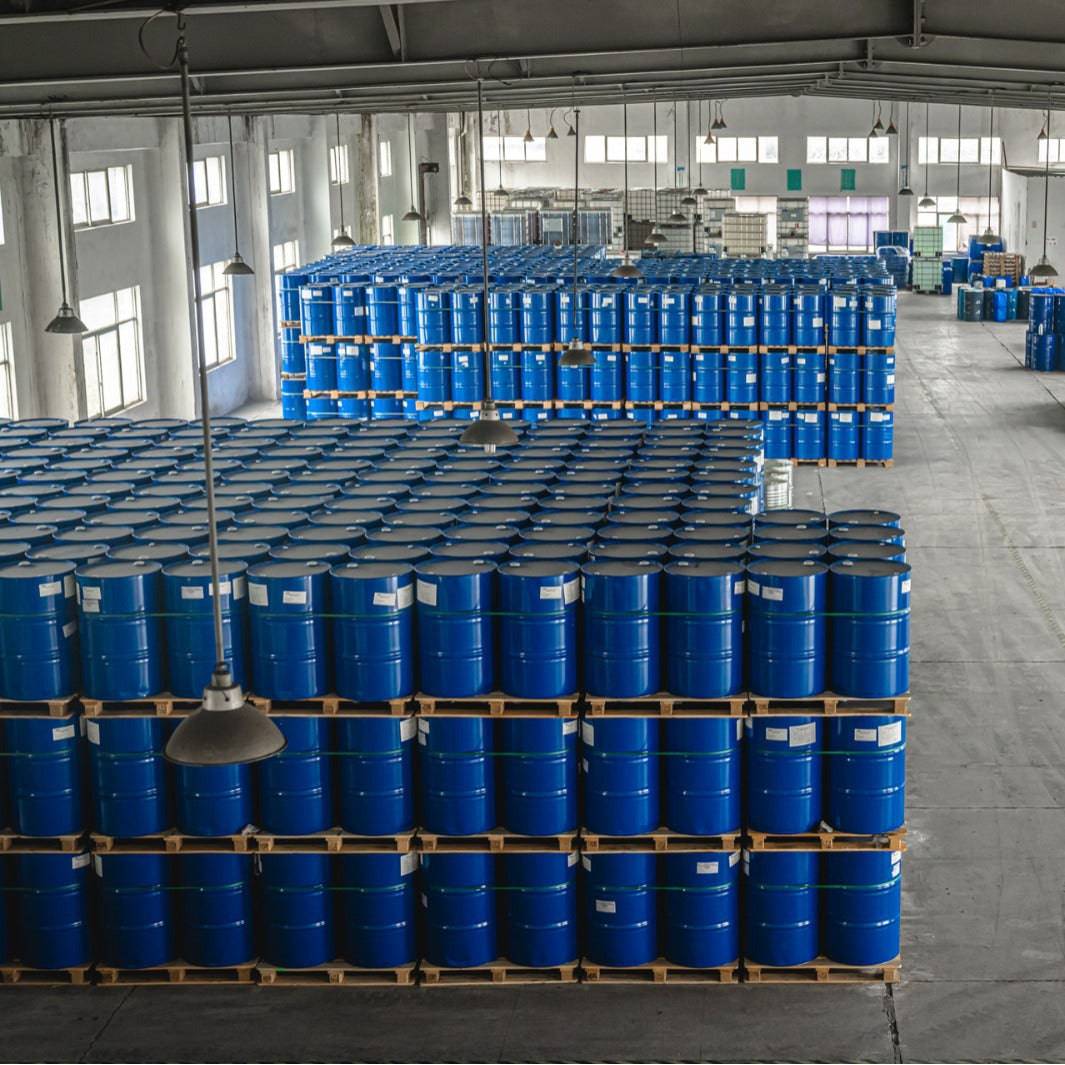The Relevance of Thermal Stability in Heat Transfer Fluid Selection
Wiki Article
The Duty of Warmth Transfer Liquid in Enhancing System Efficiency and Safety
In the ever-evolving landscape of industrial procedures, warm transfer fluids (HTFs) become critical parts in maximizing both system performance and security. These specialized liquids, known for their premium thermal conductivity and regulated thickness, allow efficient warmth exchange, which is indispensable for structured operations. However, the influence of HTFs prolongs beyond simple effectiveness; their intrinsic thermal security and low flammability significantly add to risk mitigation. As industries face the requirement for high-performance and safe procedures, understanding the nuanced role of HTFs comes to be crucial. What specifically makes HTFs so essential in today's commercial frameworks?Understanding Warmth Transfer Liquids
Warmth transfer fluids, often considered the lifeblood of thermal monitoring systems, play a pivotal function in controling temperature level throughout various commercial applications - heat transfer fluid. Industries such as chemical processing, power generation, and manufacturing count on heat transfer liquids to guarantee tools operates effectively and securely.The selection of a proper warm transfer liquid is vital to the success of a thermal management system. In summary, an extensive understanding of warm transfer liquids is crucial for enhancing system efficiency, making certain functional safety, and achieving cost-effective thermal administration options.
Trick Residence of HTFs

The details heat ability of an HTF marks the quantity of warmth energy required to change its temperature level, impacting exactly how successfully the system can react to temperature variants. The boiling and freezing points of HTFs additionally play a critical role, especially in systems revealed to severe temperature levels, guaranteeing fluid security and avoiding phase modifications throughout procedure. In addition, the chemical security of HTFs under differing thermal problems is crucial to protect against deterioration and prolong fluid life. Compatibility with system products is essential to prevent deterioration and material destruction, guaranteeing lasting operational integrity. These residential or commercial properties jointly inform the choice of a suitable HTF for details commercial applications.
Enhancing System Performance
To enhance system performance with warmth transfer fluids (HTFs), it is vital to integrate an extensive approach that considers both more helpful hints liquid buildings and system design. The selection of an appropriate HTF is critical, as its thermal conductivity, viscosity, and certain warm capacity directly influence the performance of heat exchange.Just as important is the design of the heat transfer system itself. The surface area and product of heat exchangers need to be maximized to optimize warmth transfer effectiveness.
Boosting Operational Safety
Making certain functional safety in warmth transfer systems needs a careful concentrate on both the residential properties of heat transfer liquids (HTFs) and the layout and upkeep of the whole system. HTFs must have thermal stability, reduced flammability, and proper viscosity to reduce risks such as leakages, fires, and system breakdowns. Picking the appropriate HTF is crucial as it identifies the system's capability to deal with temperature level changes without endangering safety.The style of the system ought to include redundancies and fail-safes to handle potential risks effectively. This consists of the combination of security valves, stress alleviation tools, and temperature level surveillance systems to detect and deal with abnormalities quickly. Normal upkeep is necessary to make sure that all elements, including pumps, pipes, and seals, are operating correctly and are devoid of wear or corrosion, which might lead to harmful leakages or failings.
Furthermore, workers responsible for the operation and helpful resources maintenance of warm transfer systems should be effectively learnt safety methods and emergency situation feedback treatments. Constant training programs and security drills can substantially lower the chance of mishaps, making sure a more secure working setting. Ultimately, a comprehensive approach to security-- encompassing liquid option, system layout, and workforce training-- is indispensable for optimal operational security.
Market Applications of HTFs
Extensively made use of across different sectors, warmth transfer fluids (HTFs) play a crucial role in boosting the performance and dependability of thermal monitoring systems. In the chemical industry, HTFs are indispensable for keeping accurate temperature levels during responses, making sure product consistency and quality. They straight from the source assist in warmth exchange procedures in activators, condensers, and heat exchangers, thus optimizing energy usage and decreasing waste.In the oil and gas market, HTFs are utilized in both upstream and downstream procedures. They manage temperature in exploration procedures and boost performance in refining processes by giving steady thermal conditions. This causes reduced downtime and enhanced security, especially in crucial procedures such as purification and splitting.
The eco-friendly energy sector additionally profits considerably from HTFs, particularly in concentrated solar power (CSP) plants. Below, HTFs move captured solar energy to power generators, making it possible for effective electrical power generation. The pharmaceutical industry relies upon HTFs for exact temperature level control in both synthesis and storage, making certain product efficiency and safety and security.


Additionally, the food and drink industry utilizes HTFs for pasteurization, sterilization, and food preparation procedures, boosting both item safety and security and production efficiency. Throughout these markets, HTFs serve as crucial components in preserving ideal operational efficiency and safety.
Verdict
Heat transfer liquids are important in improving industrial system performance and security by offering high thermal conductivity, optimal thickness, and thermal stability. Proper choice and upkeep of HTFs improve warm exchange performance, thereby increasing operational performance.Report this wiki page